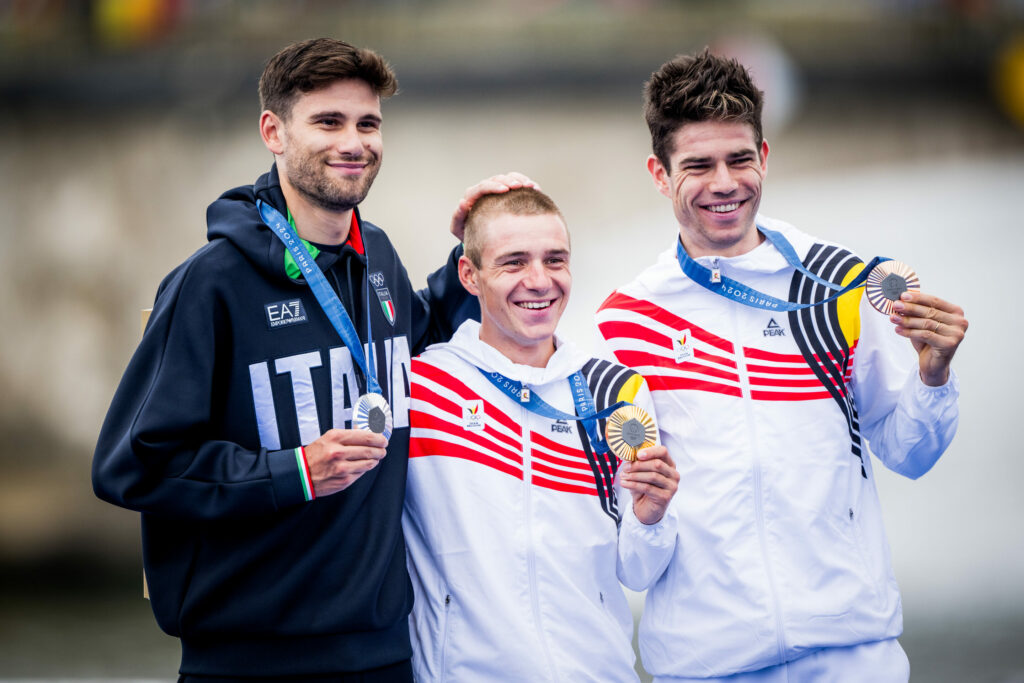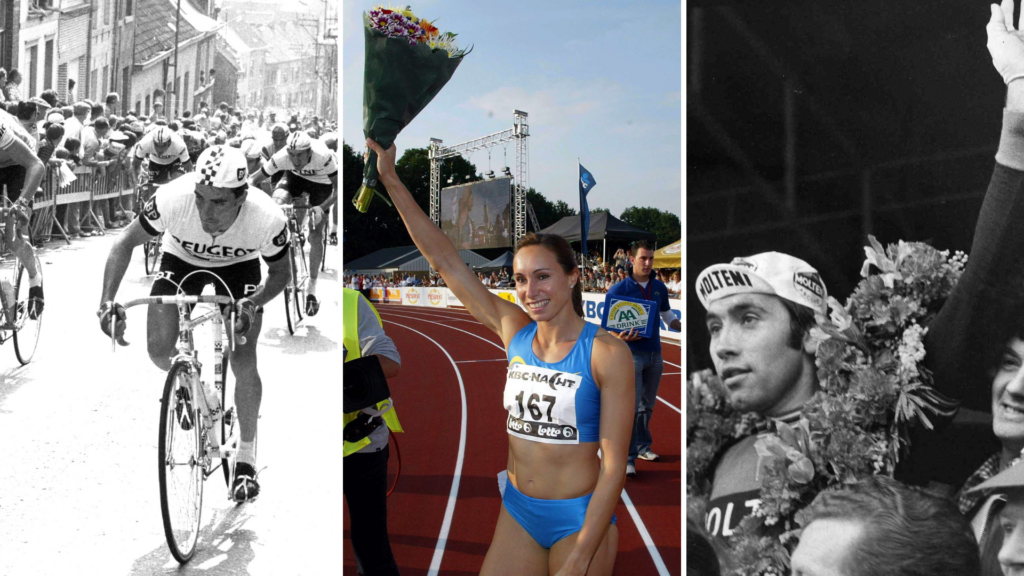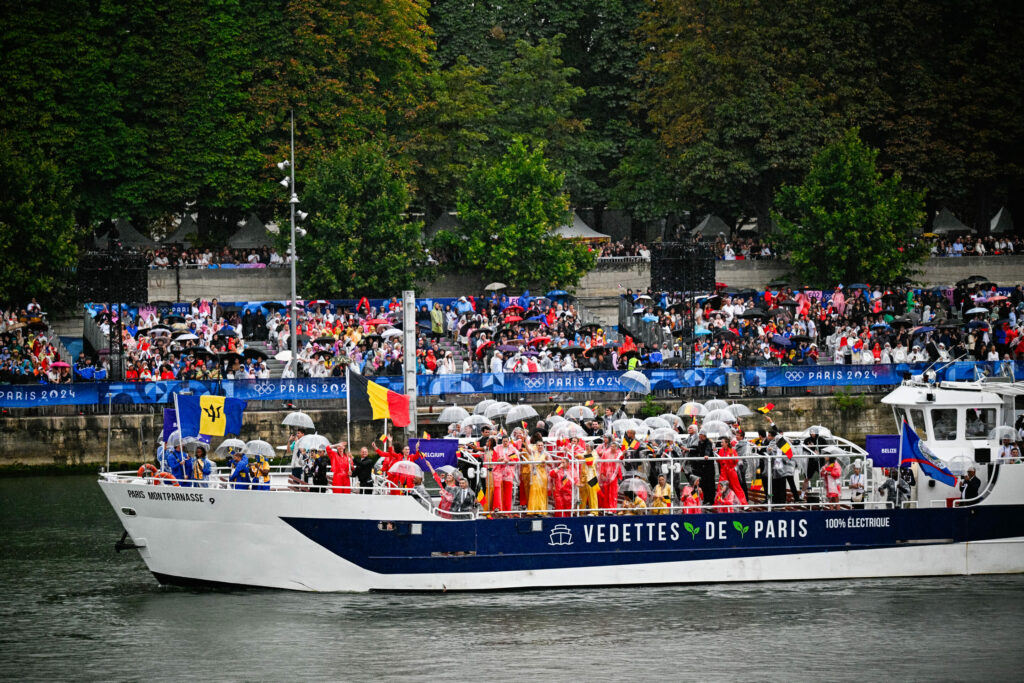The divisions between Belgium's regions are a perennial topic of interest, often framed in economic terms in the context of inter-regional political debates. But it can be seen from other perspectives and the Olympic Games have given analysts the opportunity to compare the medal-winning history of Flanders and Wallonia.
Whilst Team Belgium is competing as a unified nation in Paris, the share of medals won by Flemish vs. Walloon athletes is far from balanced. Breaking down results since the 1992 Games in Barcelona, journalists at L'Echo revealed that significantly more medals have been won by Flemish athletes.
With a total of 39 Olympic medals since Barcelona (counting both the summer and winter Games), 26 were won by Flemish athletes, whilst their francophone counterparts won just eight. The remaining five were in team events. The only four medals Belgium has won in the winter Games were all by Flemish athletes.
In the last two Games (Tokyo and Rio de Janiero), heptathlete Nafi Thiam was Belgium's only francophone medallist. In the last 32 years, just 22.8% of Belgium's medals have come from francophone athletes.

Belgium's first Olympic medals were won in the men's cycling time trial by Remco Evenepoel (gold medal, centre) and Wout van Aert (bronze medal, right). Both are Flemish. Credit: Belga
Demographics alone does not explain the difference. The Flemish population is certainly larger: 6.8 million to the 3.7 in Wallonia and an estimated 1.25 French speakers in the Brussels-Capital Region. But if Flanders represents 60% of Belgium's population, it has won a disproportionate 76.5% of the medals.
Could it be that Flanders is more sporty? L'Echo cites a 2021 study by the public health institute Sciensano, which showed that 43% of Flemish men and 34% of women do at least 150 minutes of sport each week – which is the recommendation of the World Health Organisation. By contrast, only 29% of Walloon men and 19% of women do this amount. In Brussels, just 27% of men and 15% of women do this much sport.
Clearly there is a deficit in the physical activity that residents of each region pursue. Yet the difference can be explained even more by the politics surrounding sport, L'Echo explains.
Whilst in Flanders, both the policies that govern sporting activities and the funding decisions are attributed to a single minister of sport. In Wallonia, the two are separate competences overseen by different governing bodies.

A region of sporting greats? The famous Tour de Flandres (left), women's 100m record-holder Kim Gevaert, from Leuven (centre), legendary Flemish cyclist Eddy Merckx (right). Credit: Belga
Former sports minister in the Brussels-Wallonia Federation (French Language Community) Valérie Glatigny explained that the emphasis in the region is on making sport accessible for everyone at an amateur level. "Wallonia doesn't calculate return on investment through medals."
This feeds into a different attitude towards sporting pursuits, explains Géraldine Zeimers, a professor in sports management at UCLouvain. "In Flanders, high level sport is associated with strong political vision." She says that in the political arena, Flanders sees itself as a region of sporting prowess.
Zeimers adds that money also plays an undeniable role in success. Professional sport requires specific infrastructure and training expertise. Since talent takes time to nurture to maturity, the difference in Olympic accomplishment will likely remain.

